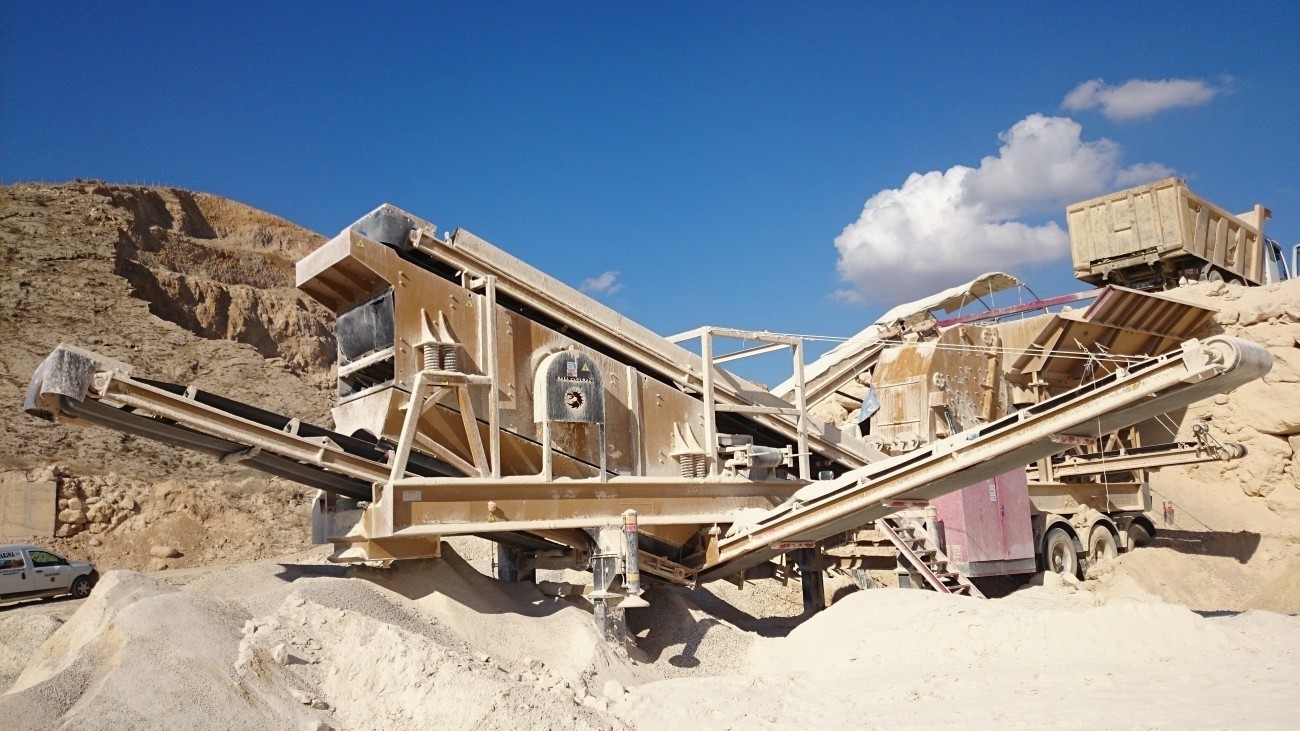Mobile Rubble Crushing, Grinding, and Screening Plant
Mobile rubble crushing, grinding, and screening plants are portable systems designed for recycling waste materials generated from construction, demolition, and infrastructure projects. These systems process rubble, concrete, asphalt, stones, and other construction waste into reusable materials. Thanks to their mobility, they can be easily set up and relocated on-site, reducing logistics costs and minimizing environmental impacts.
These systems consist of crushers, screens, conveyor belts, and feeder units. The material is first fed into the crusher, where large pieces are broken down. It is then ground into smaller fragments and sorted according to size through the screening units. The resulting materials can be reused in road construction, filling operations, infrastructure works, or even in new concrete production.
One of the major advantages of these facilities is their eco-friendliness. They prevent construction waste from being dumped into nature and reduce the consumption of natural resources through recycling. Additionally, less transportation means significantly lower carbon emissions.
Today, especially in densely urbanized areas, the demand for such mobile systems is growing. These plants are a key component of sustainable construction, offering both time and cost efficiency.
Things to Consider When Buying Mobile Crushing, Grinding, and Screening Plants
-
Capacity – Must match your daily processing requirements.
-
Mobility – Should be truly mobile, easy to transport, and quick to set up/tear down.
-
Energy Consumption – Is it energy efficient? Diesel or electric?
-
Maintenance & Service – Are spare parts readily available? Is there local support?
-
Material Compatibility – Should handle concrete, asphalt, stone, brick, etc.
-
Screening Quality – Can it accurately separate materials by size?
-
Durability & Build Quality – Is it built for heavy-duty use?
-
Automation & User Interface – Does it have modern control systems? Easy to operate?
-
Noise & Dust Control – Equipped with eco-friendly features?
-
Cost-Effectiveness – Evaluate long-term return on investment, not just the purchase price.
 English
English
 Le français
Le français
 Türkçe
Türkçe

